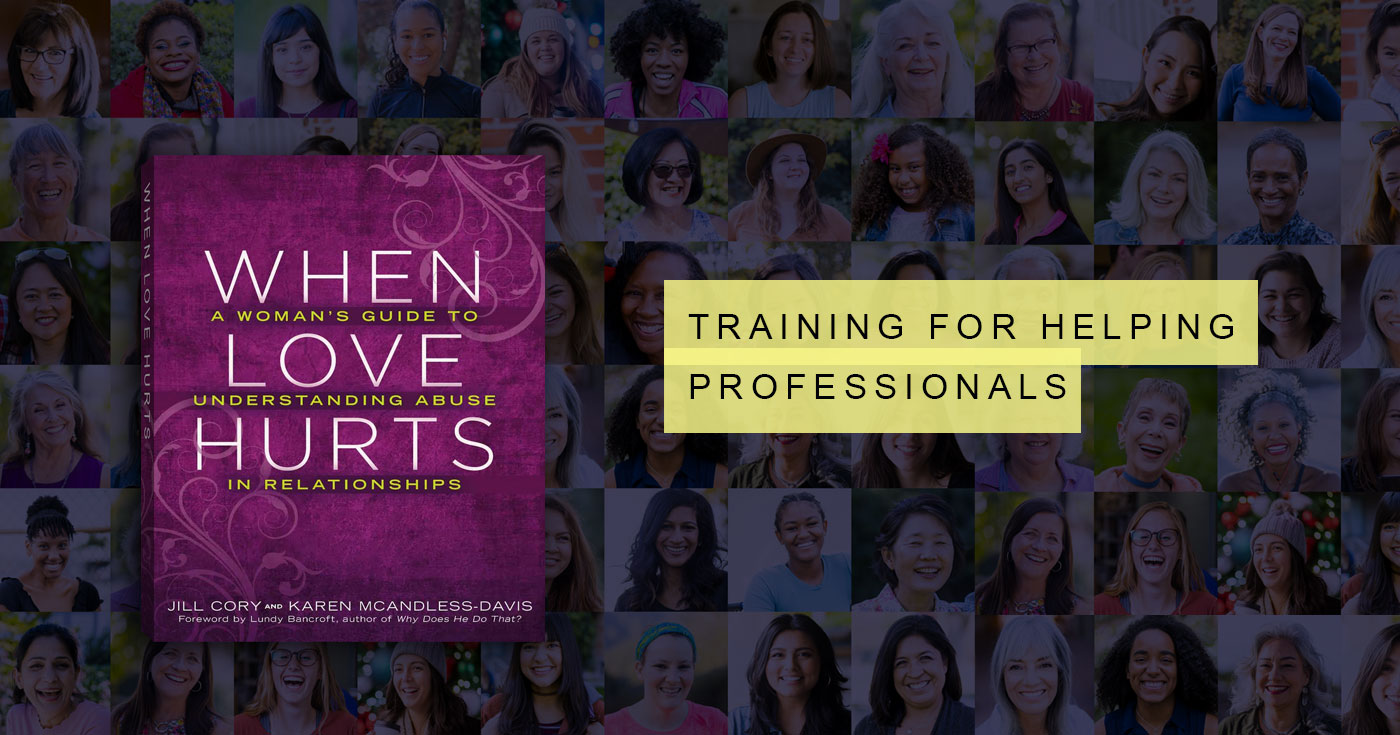How do we respond to the shooting in Connecticut?
The shooting that took place at Sandy Hook Elementary in Connecticut is beyond imagination – beyond any nightmare our brains could make up. I found myself yesterday turning off the radio and deliberately avoiding any news on the TV. Simply put, I did not want to know.
I did not want to know the details. I did not want to know the body count. It is too hard to imagine one family loosing their child. It is impossible to imagine what happened in Newtown.
But today I have listened a little more and thought a little more about the tragedy. How do our minds integrate such horror? Do we even want such horror in our heads? How do families ever recover from this? How does a town ever recover from this? What should our response be to this terror?
I am fearful that our response might be fear. What if we are driven to close ourselves off even more from one another? If the gunman is found to have had a mental illness, does that make us more fearful of people with mental illnesses? Does it make us want to lock up our schools tighter and hold our kids’ hands tighter? Does it make us fearful of everything and everyone. I really hope not.
I live on the west coast of Canada – the opposite side of the continent to Newtown Connecticut. There is nothing I can directly do for the people of that town. But maybe I can reach out right here, right in my community to people impacted by violence or loss. People impacted by tragedy are everywhere. Maybe their tragedies are not the headline stories but there is a lot of pain in many of our homes. In front of me in the grocery store line up and sitting beside me on the bus. The solution to loss, grief and fear is community, not isolation.



When Love Hurts Reflections, News and Resources
Reflections from a four-decade journey working toward a safer and more respectful world for women…
The destruction of parental alienation accusations: one woman’s story
When asked to write an article on the impacts parental alienation accusations had on me…
A framework of healing from coercive control and abuse
This descriptive framework is a collection of signs, feelings, actions, attitudes, and more, that indicate…
Women’s experiences of counsellors
Over the years, we have heard stories from women of counsellors who offered advice that…
How women resist abuse
In our experience, when women are treated abusively in their relationship, they always seek ways…
First do no harm
Research and frontline experiences have documented women’s narratives about how the dynamics of abuse are…
Holding space for painful realities
One of the dynamics of abuse is that abusive men take away all the good…
Upcoming online training: Certified Training for Helping Professionals
Training for helping professionals to provide a proven framework and comprehensive guide to strengthen their…